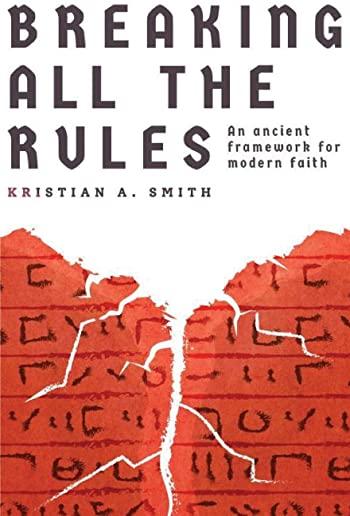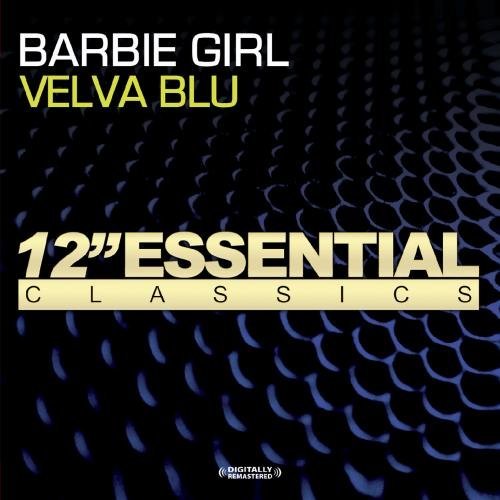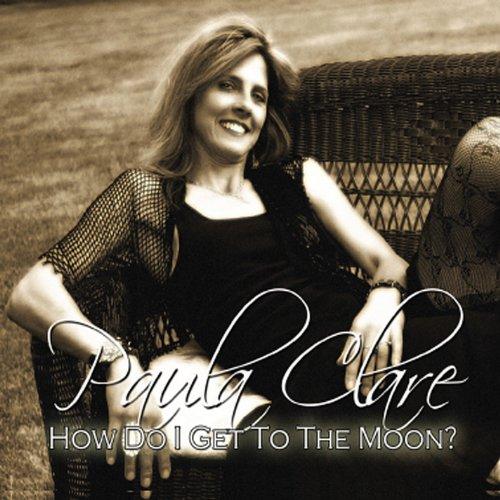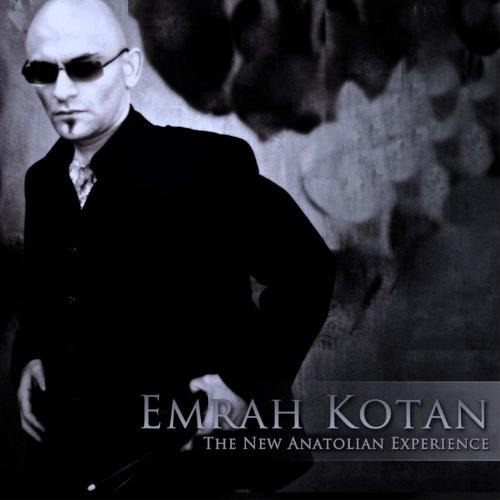
description
1Where do I begin? This book has been a few years in the making. I have had people admonish me and others chastise me for waiting so long to write. So here I am in the midst of a pandemic coupled with the most severe race riots our country has seen in decades, writing about theology.
How did I get here? I am a preacher's kid (PK). I grew up in the National Baptist Convention. (Don't ask me which one. There are too many versions for me to keep track.) My father was a Mississippi native who married my Texas-born mother in 1978. They moved to The Bay Area of California; in 1984, they gave birth to me in Oakland. I am a fifth-generation preacher. I would say "Baptist" preacher, but I'm not sure if that category fits me anymore. What follows on the pages of this book may suggest that I don't cleanly fit into any denominational category.
My parents raised me to think for myself. My dad used to require me to "state my case" when I had a special request. I had to be able to logically explain why my request should be granted. This is the reason my wife, Pamela, sometimes says I should have become a courtroom litigator. I have been arguing cases since I can remember. For instance, consider this childhood episode: I had a midnight curfew in high school. My best friend had no curfew. So we would strategize how to build an argument to convince my parents to let me spend the night at his house on the weekends we wanted to go to the teen club or house parties. One condition I knew I had to meet was to be on the drum set at the church on Sunday morning for 7:30 service, ready to play. I spent many sleep-deprived mornings in church during my high school years. But hey, that's the price a PK pays to hang out with our friends.
My dad was also rather disruptive, which ties into how he taught me to think for myself. I've been exposed to women preachers for as long as I can remember. I didn't know that my dad was being disruptive in his denomination by licensing and ordaining women preachers back in the late 80's and early 90's. It was commonplace for me. It didn't come full circle for me until 25 years later when I was invited to preach at a church in The Bay Area in 2015. As is my normal routine, I sat in the pastor's office to clear my thoughts and pray before going out to the sanctuary for worship. When the pastor came to the office to lead me to the sanctuary, he stopped me and said, "Before we go out here, I need to warn you that there are women in the pulpit." I had the most perplexed look on my face as I responded, "Ok. That's great. Why are you telling me this?" He replied, "Well I just like to put it out there. A lot of the pastors in this area don't believe in women preachers and some of them have cut off fellowship with me because I have women preachers in my church." At that moment, I realized just how disruptive my dad had been 25 years earlier. And I actually wore it as a badge of honor.
How did I get here? I am a preacher's kid (PK). I grew up in the National Baptist Convention. (Don't ask me which one. There are too many versions for me to keep track.) My father was a Mississippi native who married my Texas-born mother in 1978. They moved to The Bay Area of California; in 1984, they gave birth to me in Oakland. I am a fifth-generation preacher. I would say "Baptist" preacher, but I'm not sure if that category fits me anymore. What follows on the pages of this book may suggest that I don't cleanly fit into any denominational category.
My parents raised me to think for myself. My dad used to require me to "state my case" when I had a special request. I had to be able to logically explain why my request should be granted. This is the reason my wife, Pamela, sometimes says I should have become a courtroom litigator. I have been arguing cases since I can remember. For instance, consider this childhood episode: I had a midnight curfew in high school. My best friend had no curfew. So we would strategize how to build an argument to convince my parents to let me spend the night at his house on the weekends we wanted to go to the teen club or house parties. One condition I knew I had to meet was to be on the drum set at the church on Sunday morning for 7:30 service, ready to play. I spent many sleep-deprived mornings in church during my high school years. But hey, that's the price a PK pays to hang out with our friends.
My dad was also rather disruptive, which ties into how he taught me to think for myself. I've been exposed to women preachers for as long as I can remember. I didn't know that my dad was being disruptive in his denomination by licensing and ordaining women preachers back in the late 80's and early 90's. It was commonplace for me. It didn't come full circle for me until 25 years later when I was invited to preach at a church in The Bay Area in 2015. As is my normal routine, I sat in the pastor's office to clear my thoughts and pray before going out to the sanctuary for worship. When the pastor came to the office to lead me to the sanctuary, he stopped me and said, "Before we go out here, I need to warn you that there are women in the pulpit." I had the most perplexed look on my face as I responded, "Ok. That's great. Why are you telling me this?" He replied, "Well I just like to put it out there. A lot of the pastors in this area don't believe in women preachers and some of them have cut off fellowship with me because I have women preachers in my church." At that moment, I realized just how disruptive my dad had been 25 years earlier. And I actually wore it as a badge of honor.
member goods
No member items were found under this heading.
Return Policy
All sales are final
Shipping
No special shipping considerations available.
Shipping fees determined at checkout.







